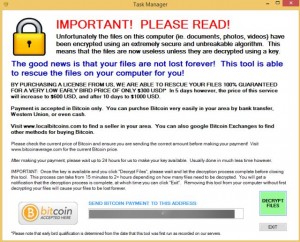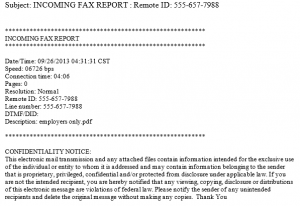Below is the most recent phishing email and website we have seen. Similar to past emails, this scam attempts to trick users into entering personal account information (e.g. username/password). Users should not click any links in this email and should delete it right away. As a reminder, Loyola will never ask for your password or […]

LOYOLA UNIVERSITY CHICAGO • February 16, 2026
Loyola Information Security Blog
University Information Security Office
Search
Recent Post
- Happy New Year from UISO: Set a Cyber Resolution for 2026
- MFA – Why it matters
- October is National Cybersecurity Awareness Month
- Watch out for “E-Signature” Phishing Scams
- Emails from Myself? Let’s Talk About Spoofed Addresses
Archives
- January 2026
- November 2025
- October 2025
- September 2025
- August 2025
- July 2025
- June 2025
- April 2025
- March 2025
- February 2025
- October 2024
- September 2024
- August 2024
- July 2024
- June 2024
- February 2024
- January 2024
- November 2023
- October 2023
- August 2023
- July 2023
- June 2023
- May 2023
- March 2023
- February 2023
- January 2023
- November 2022
- October 2022
- September 2022
- August 2022
- May 2022
- March 2022
- February 2022
- January 2022
- December 2021
- November 2021
- October 2021
- September 2021
- August 2021
- July 2021
- June 2021
- May 2021
- April 2021
- March 2021
- February 2021
- January 2021
- December 2020
- November 2020
- October 2020
- August 2020
- July 2020
- June 2020
- May 2020
- April 2020
- March 2020
- February 2020
- January 2020
- November 2019
- October 2019
- September 2019
- August 2019
- July 2019
- June 2019
- May 2019
- April 2019
- March 2019
- February 2019
- January 2019
- December 2018
- November 2018
- October 2018
- September 2018
- August 2018
- July 2018
- June 2018
- May 2018
- April 2018
- March 2018
- February 2018
- January 2018
- December 2017
- November 2017
- October 2017
- September 2017
- August 2017
- July 2017
- June 2017
- May 2017
- April 2017
- March 2017
- November 2016
- October 2016
- September 2016
- August 2016
- July 2016
- June 2016
- May 2016
- April 2016
- March 2016
- February 2016
- January 2016
- November 2015
- October 2015
- September 2015
- August 2015
- July 2015
- June 2015
- May 2015
- April 2015
- March 2015
- February 2015
- January 2015
- December 2014
- November 2014
- October 2014
- September 2014
- August 2014
- July 2014
- June 2014
- May 2014
- April 2014
- March 2014
- February 2014
- January 2014
- December 2013
- November 2013
- October 2013
- September 2013
- August 2013
- April 2013
Archive for the ‘Infection’ Category
“blocked sign-in attempt” – Phishing Scam – June 5, 2019
June 5th, 2019

New Ransomware Hits the Net – ZeroLocker
September 3rd, 2014
Last week, security researchers identified a new ransomware trojan in the wild. This new variant, deemed ZeroLocker, operates in a similar fashion to last year’s CryptoLocker. Ransomware is a category of malware that restricts access to a computer or files and demands a ransom be paid to restore access. CryptoLocker and ZeroLocker accomplish this by […]

“Bash” Bug Affecting Linux, Mac OS, and Potentially More Systems
September 29th, 2014
A French IT manager recently discovered a flaw in the way millions of devices communicate across the internet. The bug is found in “bash,” which is a program that translates human-readable commands into a language readable by the computer’s operating system. This bug affects any device that can connect to the internet and uses the operating […]
JavaScript Ransomware Spreading
January 6th, 2016
What is believed to be the first JavaScript-based ransomware-as-service is spreading. Because of the way it works, Called Ransom32, it is likely to be able to infect multiple operating systems including Windows Mac and Linux. It is generally spread via phishing type email and is contained in a self executing ZIP file attachment that is […]

Email Alert – September 26, 2013
September 26th, 2013
The UISO has been alerted to an email received by several Loyola community members. The email has the subject “INCOMING FAX REPORT” with a file attached. The attached file is a virus, and if executed, will infect your computer. If you receive this email, delete it immediately. If you every receive email that is questionable, […]
Beware: Increase in Malicious Emails – Updated!
November 12th, 2013
Loyola community, The UISO has been informed of several new incoming emails with malicious attachments.